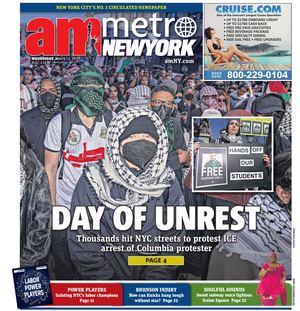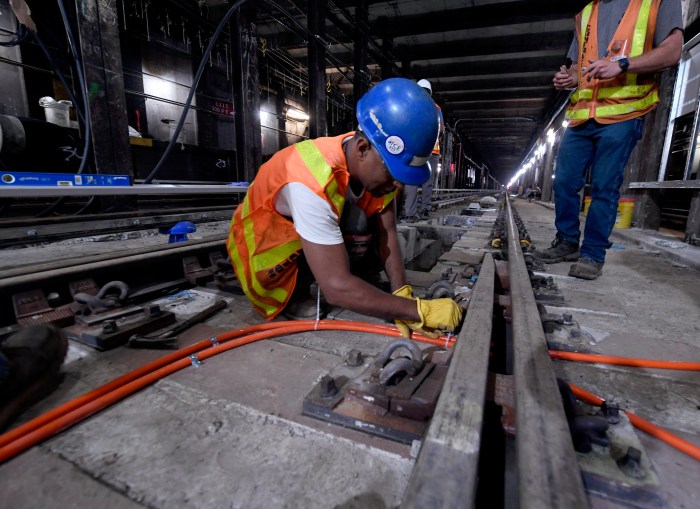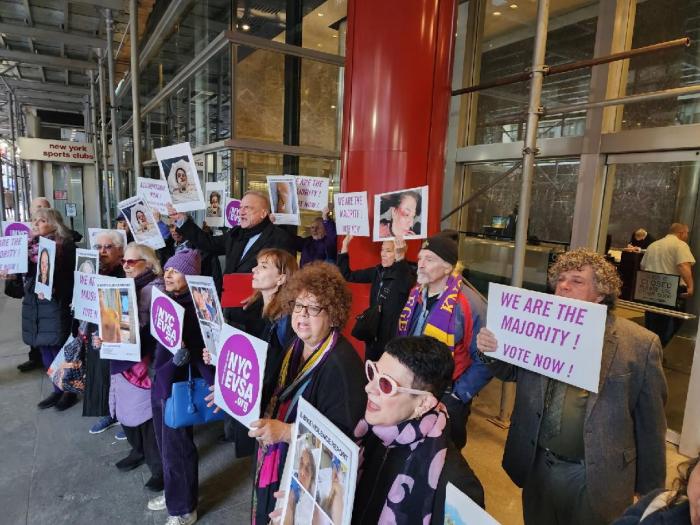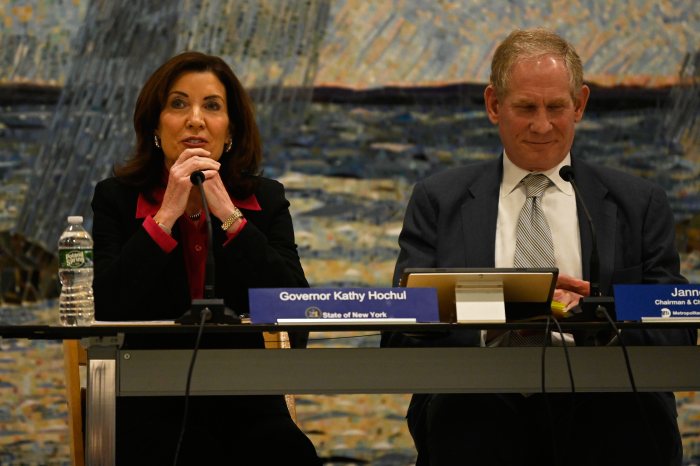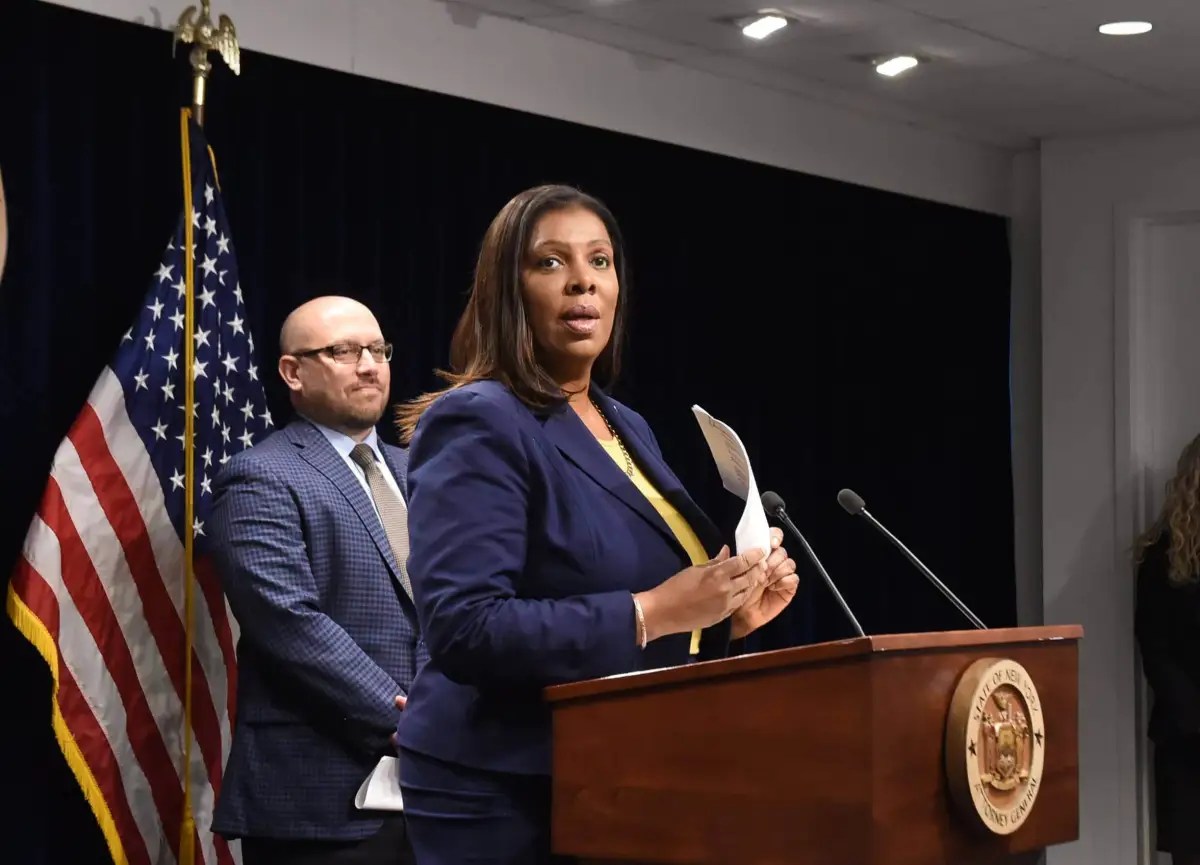
The union representing MTA bus and subway employees on Monday firmly rejected a contract offer from the transit authority, calling the proposal “insulting.”
The cash-strapped authority pitched a host of changes to Transport Workers Union Local 100 and its roughly 40,000-person workforce, including doubling employee contributions to health care and contracting out either all or some work relating to station and car cleaning, construction flagging and capital construction, according to the union.
"If the MTA’s goal was to enrage every transit worker in the city then they’ve done it," said Tony Utano, the president of TWU Local 100, in a statement. "We will do everything in our power to fight these insulting contract demands. Transit workers have worked too hard to improve service — and this union has worked too hard over decades to establish a decent standard of living for our members — to now go backwards."
Talks are set to continue as tensions rise between the MTA’s board and the union, members of which have worked without a contract since this spring. The MTA recently published two commissioned reports that the union has taken issue with.
One — the reorganization plan from AlixPartners — in part calls for the addition of executives alongside the elimination of roughly 2,700 positions at the authority. A second report — an investigation into MTA overtime — found that the authority has failed to properly administer and track employee timekeeping and called for a change to work rules to help reduce ballooning payroll expenses.
While the union published “confidential” negotiating documents Monday, the MTA has consistently declined to discuss the matter publicly.
“The MTA is committed to reaching a fair agreement, and has negotiated in good faith with the TWU Local 100,” said MTA spokesman Tim Minton in a statement. “Beyond that, we will not negotiate in the press.”
The negotiations continue as the MTA stares down a $1 billion shortfall in 2022, with officials warning that service cuts could come as early as this fall. The reorganization plan, already a difficult task to execute, would only cut that 2022 deficit in half, the MTA estimates.
The transit authority had presented a four-year contract to the union with 2% general wage increases through 2022, according to the proposal published by TWU. Another listed stipulation would require the union to improve aggregate worker availability by three work days by the end of next year, or else the MTA would be “entitled to implement work rule changes equivalent to the savings generated by the three day improvement.”
Worker availability was one of many issues — alongside increased workload and a delay in Subway Action Plan funding — that contributed to increasing overtime at the MTA, according to the report on the matter released last week. MTA bus operators report for only 197 out of 260 annual workdays.
Carrie Cohen, the former federal prosecutor that compiled the overtime report, recommended changes both at the authority and with its union.
“As is evident from our report, the MTA faces major challenges and broad systemic inefficiencies that drive overtime,” she said at a board meeting last week, adding that “there also are certain collective bargaining agreements and work rules which lack modern justification [and] constrain management’s ability to assign work in the most cost-effective manner.”
